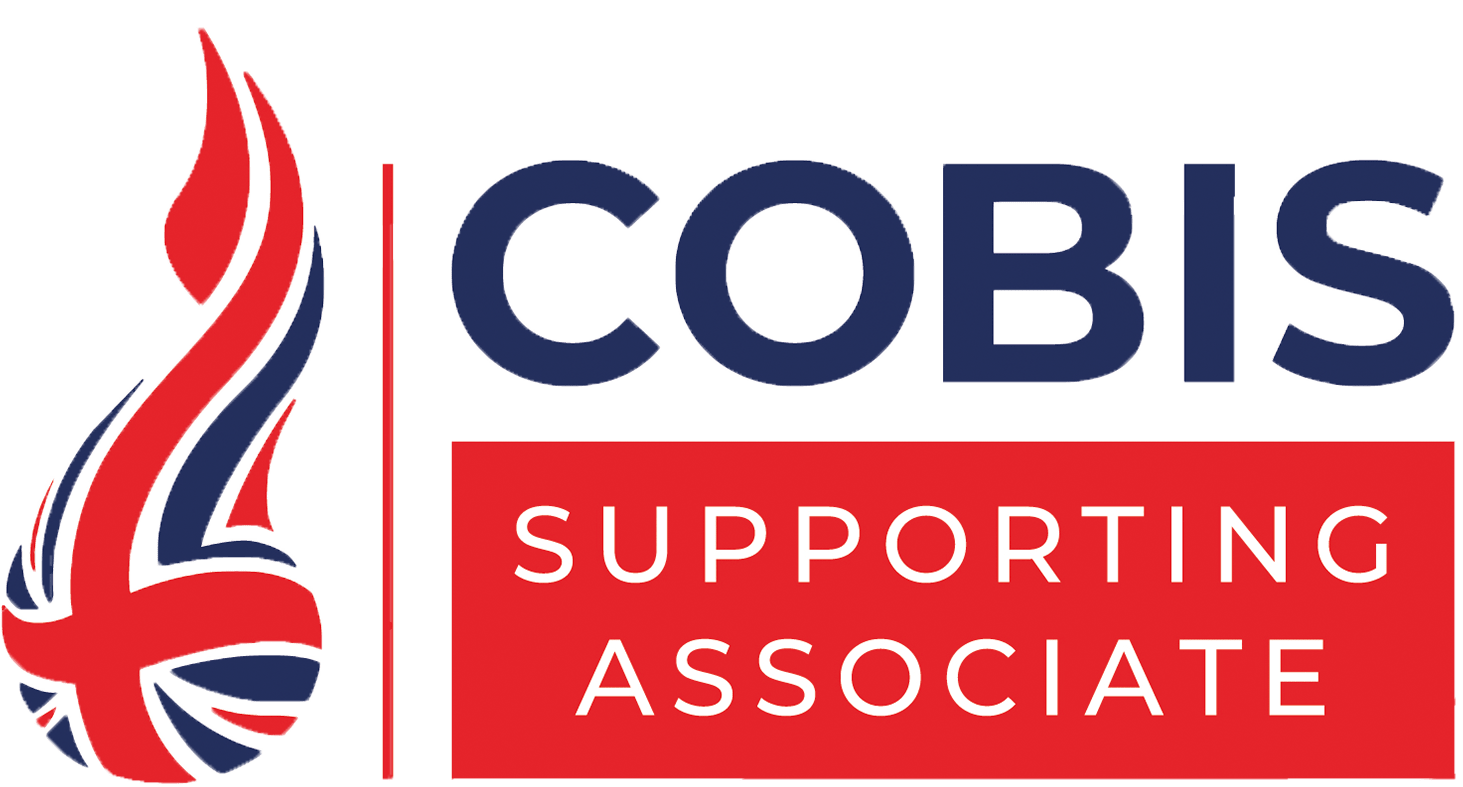We have worked closely with Jamie McNamara and his team at Dulwich College Seoul since he joined us for our residential course last August. Now, as we are about to embark on a wider partnership with Dulwich College International, and as Jamie is about to move to pastures new, he reflects on his journey over the last four years in South Korea in this guest post. Jamie can be found on Twitter at @J_C_McNamara.
In October 2014, during the very last session of a two day IT conference in Seoul, the keynote speaker suggested that we all join Twitter. She took the time to show us her account and talked about how, for her, it had been an effective tool for collaborating with teachers in other parts of the world.
It had never occurred to me to use Twitter as a professional tool, so I took tentative steps to start with. I followed some of the big names in education, the people I had heard of, like Sir Ken Robinson and Dylan Wiliam. I didn’t tweet much myself, but I would retweet if I saw something of interest and would then share particularly good resources and ideas with colleagues at work.
About a month after joining twitter I noticed that Dylan Wiliam was hosting a live webinar looking at formative assessment. Even though it meant an early rise here in Seoul, I thought it would be an invaluable opportunity to engage with some high-quality professional development.
Introduction of Teacher Learning Communities
One of the things that really impressed me about Dylan Wiliam’s webinar, and subsequently his book, Embedded Formative Assessment, was that he referenced research evidence regularly to add weight and context to the arguments that he made. This made it easy to follow up the research and get to the source of his ideas.
In November 2015, after a small trial with volunteer staff, the Primary Leadership team decided to introduce Teacher Learning Communities across the school. We cleared out our meeting schedule and made sure that we provided 70 minutes every four weeks for staff from different areas of the Primary School, including Teaching Assistants, to meet to focus on different aspects of formative assessment. We used the Embedding Formative Assessment TLC pack written by Dylan Wiliam and Siobhan Leahy to provide a structure to each group.
One key decision that we made was to remove all senior leaders from the TLCs as we wanted teachers to be able to talk openly about their successes and failures in the classroom. The impact on the culture of the school, by setting aside regular time for teachers to engage in open and reflective dialogue based on teaching and learning, was profound. Teachers were encouraged to engage in peer observations, which leadership provided cover for, and this allowed a culture of innovation to take root.
It is fair to say, though, that the project was not without its challenges. There was some feedback from staff that it was difficult for them to focus on meetings and engage in peer observations during busy times in the year.
Recognising that as a teacher and as a leader that you might be wrong
Something that I have come to believe quite strongly over the past few years is that it is important to recognise that – whatever approaches you might believe in, or feel strongly about in education – there is a possibility that your approach is wrong. It is important that you engage with arguments that question your own ideas. This can be a difficult and uncomfortable thing to do, but it is only by challenging your own ideas, and referencing them against existing research, that you get to see if they really stand up. If, after engaging with arguments that challenge your practice, you still feel your approaches have merit, then you might be on to something.
During our project on Teacher Learning Communities, I started to read the Learning Spy blog by David Didau. He raised some very good arguments against formative assessment, stating that observations made in time could not really be expected to show learning over time. I came to the conclusion that formative assessment was an effective approach, more for what it reveals about what the students don’t know rather than what it reveals about what they do know.
A spaced and interleaved approach
It was through David’s blog and his book, What if everything you knew about education was wrong?, that I first became aware of Robert Bjork’s work on desirable difficulties. After I shared a summary of the ideas from the book with staff here, my colleague, Neil Gorton, approached me saying that he had led a small trial of some similar ideas during his maths lessons in his school in the UK. Unfortunately, he had been told by the leadership of that school to stop, as the approaches didn’t fit within the realms of generally accepted practice at the time.
In a more encouraging context, Neil decided, with his Year 2 team, to stop teaching maths concepts in blocks. He restructured the entire maths curriculum to incorporate a spaced and interleaved approach. This meant that, rather than teaching addition and subtraction for two weeks, followed by a fortnight focusing on shape and space and then a period of time looking at fractions, teachers would instead interleave one lesson on each of these concepts within the same week; spacing each concept over a weekly period.
The trial was not without its challenges and some members of the Year 2 team needed to be convinced. It often seemed like a disjointed and unnecessarily complicated way to organise a series of lessons, never focusing on one thing long enough to truly embed the children’s understanding. However, as time went on, the team saw the long-term benefit of the approach on the children’s ability and they became advocates for the approach. Some of the feedback we received pointed out that spacing concepts on a weekly basis gave staff more time to reflect on the evidence they were picking up in lessons and this allowed them to react more effectively to the children’s needs the following week. As a result of this successful small-scale trial we expanded the approach across the school.
During the first year of the whole-school trial, we were lucky enough to have David Didau fly out and visit our school. He provided some good pointers and gave the project a boost halfway through the year. I’m pleased to say that as a school, we recently won an international school award for this project and Robert Bjork himself has been in touch to congratulate us on implementing his research in a meaningful way within a practical setting.
Comparative Judgement
Another benefit of engaging with Twitter is that organisations like researchED often stream live talks from their conferences and post the links up for any interested teachers. One talk I managed to catch in September 2016 was from Daisy Christodoulou on the subject of comparative judgement. Like many other UK schools and British International Schools, we had been struggling to create a vision for assessment ever since curriculum levels had been scrapped. Comparative judgement looked like the first real attempt I had seen to really break the mould and move in a completely fresh direction in assessment.
After discussing the talk with the Head of Primary, Marcus Sherwood, we sent the No More Marking team some questions. Dr Wheadon wrote back and invited us to take part in the Year 6 Sharing Standards trial. I have written some blogs about our experience of using comparative judgement [Ed.: You can find them here.] but to summarise, we felt that the collaborative nature of assessing primary writing in this way helped to guard against individual teacher bias. We felt that it also provided a useful context for teachers to reflect on standards of writing across a whole-school setting and that it saved teachers time, compared to traditional forms of marking. This would mean that teachers could then use some of that saved time to focus on formative steps in the classroom to improve standards of writing based on their reflections.
Assessment Academy and Evidence Based Education
During this same period, I was engaged in a Dulwich International-wide group that was exploring approaches to assessment after levels. When I heard that an ‘Assessment Academy’ was being launched in the summer of 2017 in Durham, it just seemed to coincide with everything else I was involved in at the time and I signed myself up. At school, our project on Teacher Learning Communities was coming to an end and it felt like the right time to really create a vision for assessment that finally moved away from levels.
The four-day course was extremely useful and supported the vision for an integrated assessment system that I had read about in Making Good Progress? by Daisy Christodoulou. I was able to take back to Seoul all that I had learned during the course, plus some useful tools for analysing the validity of the assessments that we used. It gave us confidence as a school that we were moving in an exciting and meaningful direction.
Over the past year, the curriculum team at the school have been creating difficulty and quality model assessments that are directly linked to the curriculum that we offer. Stuart and Ourania from Evidence Based Education flew out in March to help our curriculum team with this work. It is only our first year of moving away from levels, but it has been pleasing to hear teachers talk about the improved level of detail these assessments are providing them with in relation to the children’s learning.
It has also been great to receive feedback from teachers that they have often been surprised by the outcomes of the students in relation to the assessments we have created. For years we have been using descriptor-based assessments, and with this type of assessment, you never get to be surprised because you are only assessing based on what you already know of a child against a generic list of targets. The flaw in this type of approach is that, as we know from Graham Nuthall’s excellent book, The Hidden Lives of Learners, the teacher misses much of what happens in a classroom. I have come to the conclusion that it is only by creating a valid and thoughtful assessment process that we can overcome our bias as teachers and really uncover the invisible aspect of children’s learning.
The last few years have represented a really enjoyable and reflective journey, both for the school and for me as a leader working in the school. As I now look ahead to take on new challenges in the future, I look forward to building on these ideas further.
As mentioned above, Jamie is contactable on Twitter at @J_C_McNamara, and if you have any questions about his work at Dulwich College Seoul, do get in touch with him.
If you, like Jamie, would like to get ahead of the curve and join the innovative Assessment Lead Programme, you can find out more and do so at this link.





